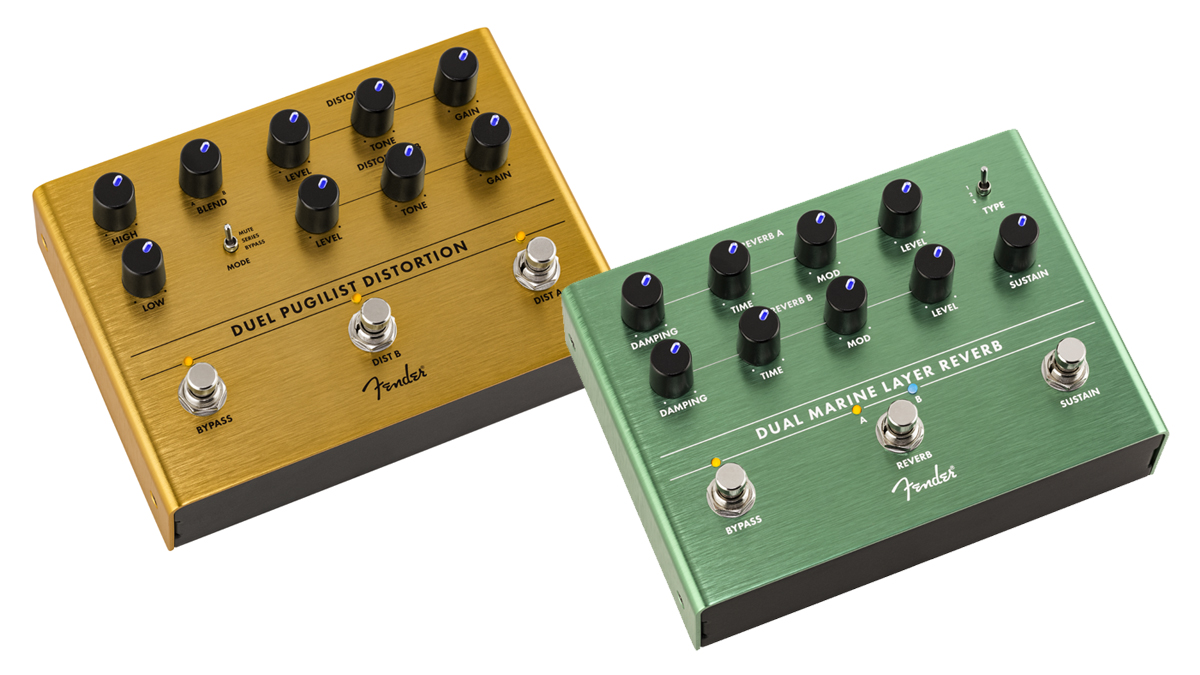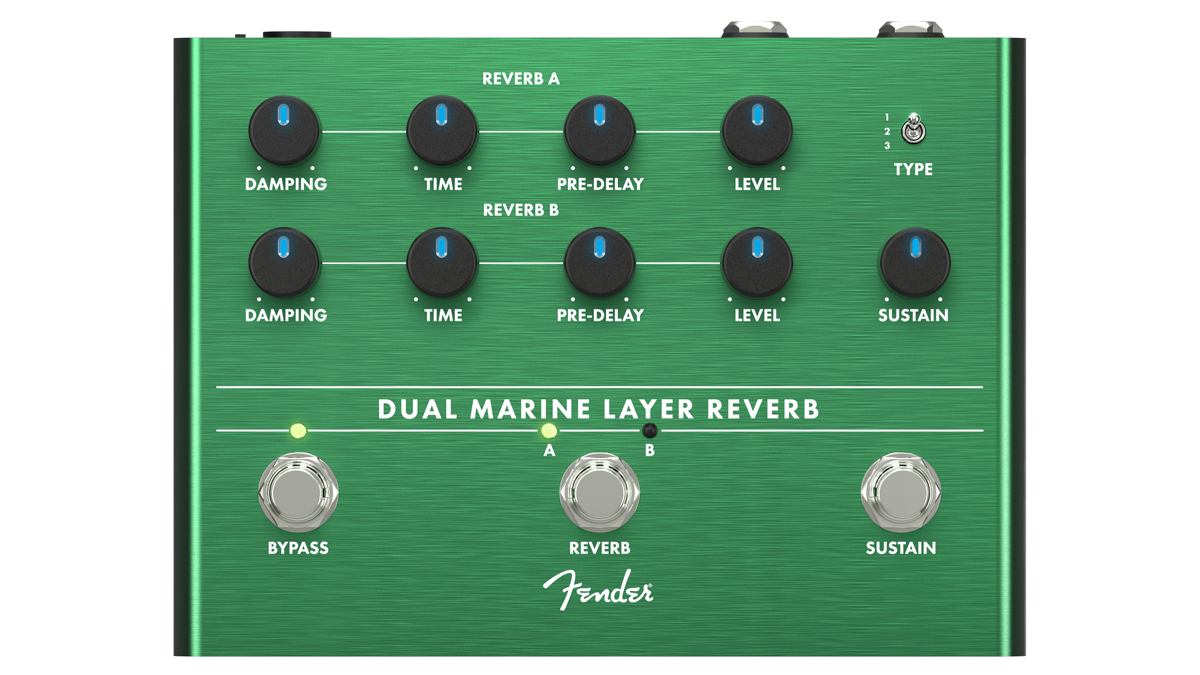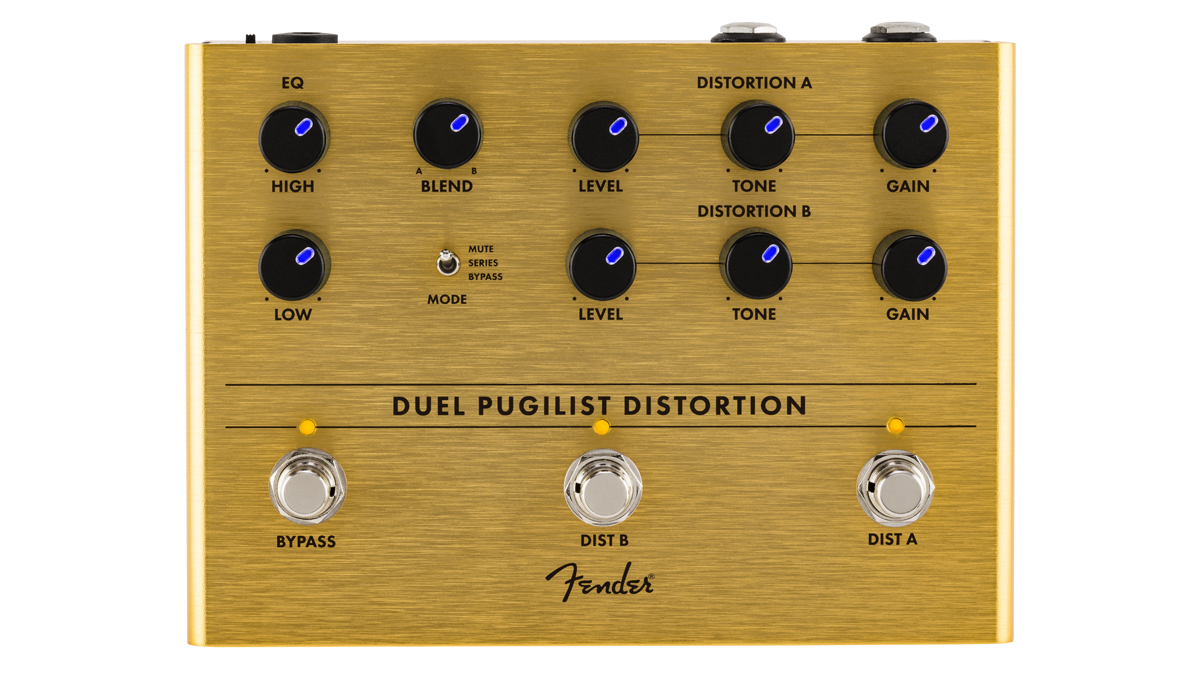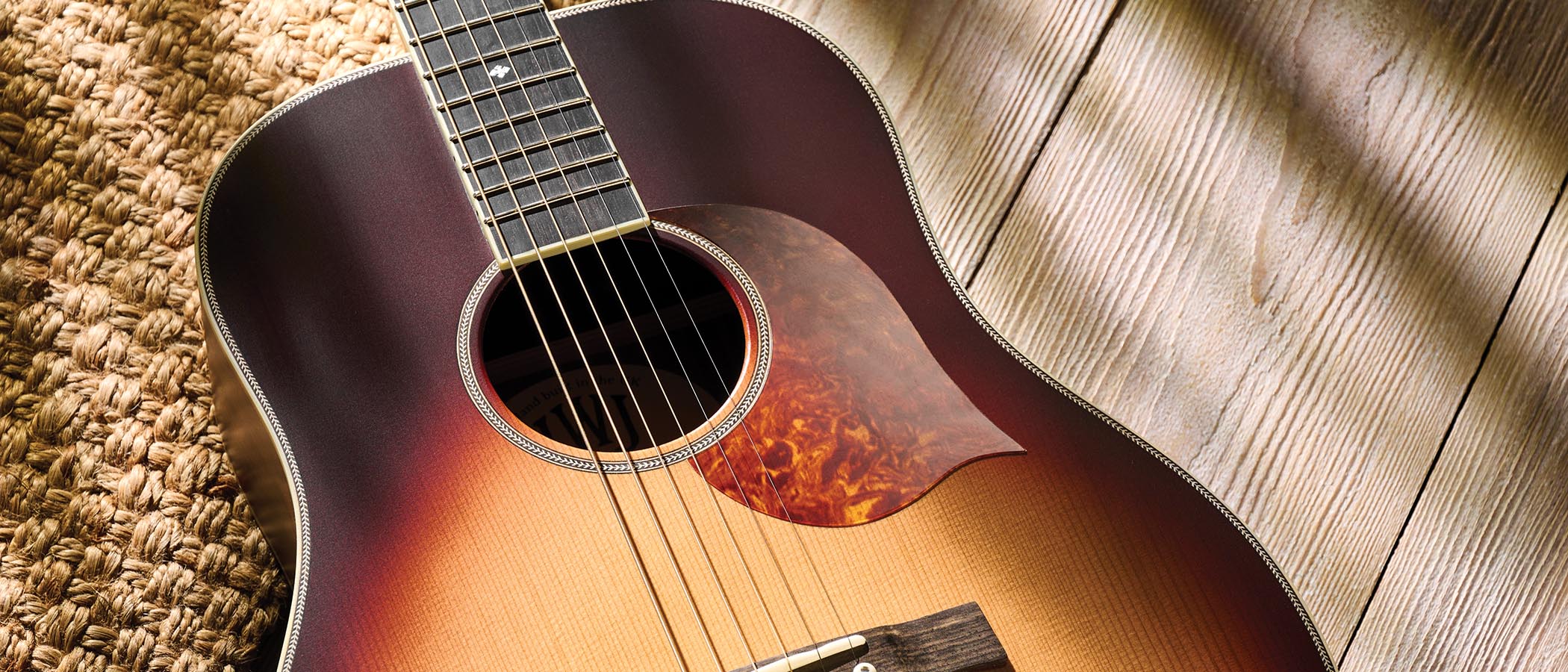Fender launches new Dual Marine Layer Reverb, Duel Pugilist Distortion pedals
The new triple-footswitched stompboxes offer advanced gain stacking and infinite sustain options

All the latest guitar news, interviews, lessons, reviews, deals and more, direct to your inbox!
You are now subscribed
Your newsletter sign-up was successful
First announced amid its summer onslaught of new gear, Fender has released two new pedals into the ring: the Dual Marine Layer Reverb and Duel Pugilist Distortion.
Both pedals are notable for doubling up on the well-received originals, adding two extra footswitches into the mix and a host of extra features – most notably, additional gain stacking options on the Pugilist and infinite sustain on the Marine Layer.
And, as per Fender’s other stompboxes, they come in lightweight anodized aluminum chassis with LED-backlit knobs.
Both pedals are available now for $229 apiece. Let’s dive in.
Fender Dual Marine Layer Reverb

The Dual Marine Layer takes the original’s trio of reverbs – Hall, Room and Shimmer – and runs with them, offering the ability to switch between two independent sets of controls.
Those controls include Damping, Time, Mod and Level, although it looks like you’ll need to stick to a single reverb algorithm for both. There’s no sign of the original’s variation or filter switches – and stereo outputs are still MIA – but that standalone Mod knob is a plus.
The other headline-grabbing appointment is the onboard sustain footswitch, which triggers infinite sustain and brings Fender’s offering in line with many other contemporary reverb designs.
All the latest guitar news, interviews, lessons, reviews, deals and more, direct to your inbox!
Fender Duel Pugilist Distortion

The Duel – see what they did there? – Pugilist delivers the same dual distortion voicings as the original, but offers a handful of fresh ways to blend its dirt circuits, courtesy of three operating modes: Series, Mute and Parallel.
Series stacks two distortions as you would if you were using two individual pedals, while Parallel allows for the blending of two distortions – or clean with distorted sounds. Mute allows you to use one distortion for your main tone, then layer another up top.
A neat addition to the Duel is High and Low master shelving EQs – something that could prove essential for dialing in low-end rumble and taming distortion fizz.
The original Pugilist is one of our favorite distortion pedals, so we have high hopes for the Duel in particular. We would argue that those enclosures are pretty large for today’s increasingly cramped pedalboards, which may deter some guitarists, but the extra functionality could prove worthwhile for players with the space.
Head over to Fender for more info.

Mike has been Editor-in-Chief of GuitarWorld.com since 2019, and an offset fiend and recovering pedal addict for far longer. He has a master's degree in journalism from Cardiff University, and 15 years' experience writing and editing for guitar publications including MusicRadar, Total Guitar and Guitarist, as well as 20 years of recording and live experience in original and function bands. During his career, he has interviewed the likes of John Frusciante, Chris Cornell, Tom Morello, Matt Bellamy, Kirk Hammett, Jerry Cantrell, Joe Satriani, Tom DeLonge, Radiohead's Ed O'Brien, Polyphia, Tosin Abasi, Yvette Young and many more. His writing also appears in the The Cambridge Companion to the Electric Guitar. In his free time, you'll find him making progressive instrumental rock as Maebe.


